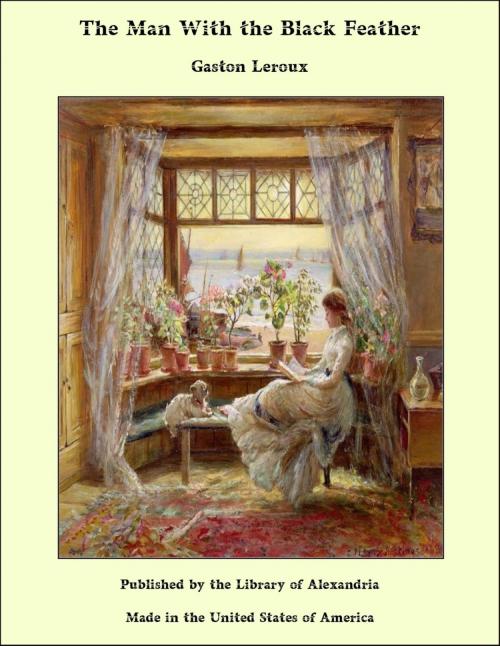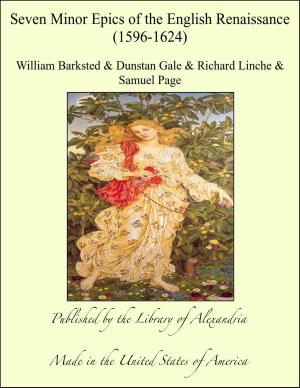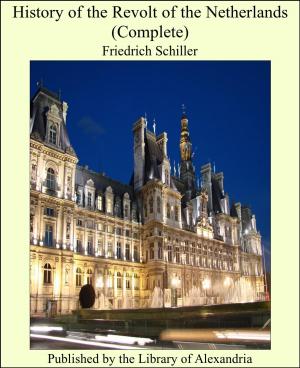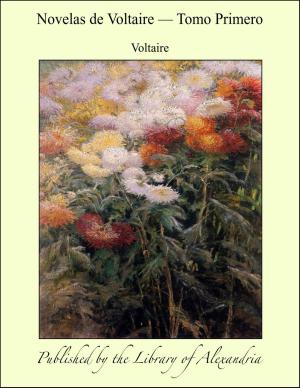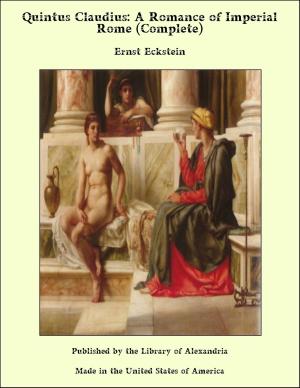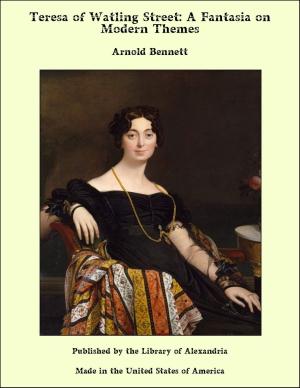The Man With the Black Feather
Nonfiction, Religion & Spirituality, New Age, History, Fiction & Literature| Author: | Gaston Leroux | ISBN: | 9781465613868 |
| Publisher: | Library of Alexandria | Publication: | March 8, 2015 |
| Imprint: | Language: | English |
| Author: | Gaston Leroux |
| ISBN: | 9781465613868 |
| Publisher: | Library of Alexandria |
| Publication: | March 8, 2015 |
| Imprint: | |
| Language: | English |
M. Theophrastus Longuet was not alone when he rang the bell of that old-time palace prison, the Conciergerie: he was accompanied by his wife Marceline, a very pretty woman, uncommonly fair for a Frenchwoman, of an admirable figure, and by M. Adolphe Lecamus, his best friend. The door, pierced by a small barred peephole, turned heavily on its hinges, as a prison door should; the warder, who acts as guide to the prison, dangling a bunch of great old-fashioned keys in his hand, surveyed the party with official gloom, and asked Theophrastus for his permit. Theophrastus had procured it that very morning at the Prefecture of Police; he held it out with the air of a citizen assured of his rights, and regarded his friend Adolphe with a look of triumph. He admired his friend almost as much as he admired his wife. Not that Adolphe was exactly a handsome man; but he wore an air of force and vigour; and there was nothing in the world which Theophrastus, the timidest man in Paris, rated more highly than force and vigour. That broad and bulging brow (whereas his own was narrow and high), those level and thick eyebrows, for the most part raised a trifle to express contempt of others and self-confidence, that piercing glance (whereas his own pale-blue eyes blinked behind the spectacles of the short-sighted), that big nose, haughtily arched, those lips surmounted by a brown, curving moustache, that strong, square chin; in a word, all that virile antithesis to his own grotesque, flabby-cheeked face, was the perpetual object of his silent admiration. Besides, Adolphe had been Post-Office Inspector in Tunis: he had "crossed the sea."
M. Theophrastus Longuet was not alone when he rang the bell of that old-time palace prison, the Conciergerie: he was accompanied by his wife Marceline, a very pretty woman, uncommonly fair for a Frenchwoman, of an admirable figure, and by M. Adolphe Lecamus, his best friend. The door, pierced by a small barred peephole, turned heavily on its hinges, as a prison door should; the warder, who acts as guide to the prison, dangling a bunch of great old-fashioned keys in his hand, surveyed the party with official gloom, and asked Theophrastus for his permit. Theophrastus had procured it that very morning at the Prefecture of Police; he held it out with the air of a citizen assured of his rights, and regarded his friend Adolphe with a look of triumph. He admired his friend almost as much as he admired his wife. Not that Adolphe was exactly a handsome man; but he wore an air of force and vigour; and there was nothing in the world which Theophrastus, the timidest man in Paris, rated more highly than force and vigour. That broad and bulging brow (whereas his own was narrow and high), those level and thick eyebrows, for the most part raised a trifle to express contempt of others and self-confidence, that piercing glance (whereas his own pale-blue eyes blinked behind the spectacles of the short-sighted), that big nose, haughtily arched, those lips surmounted by a brown, curving moustache, that strong, square chin; in a word, all that virile antithesis to his own grotesque, flabby-cheeked face, was the perpetual object of his silent admiration. Besides, Adolphe had been Post-Office Inspector in Tunis: he had "crossed the sea."
